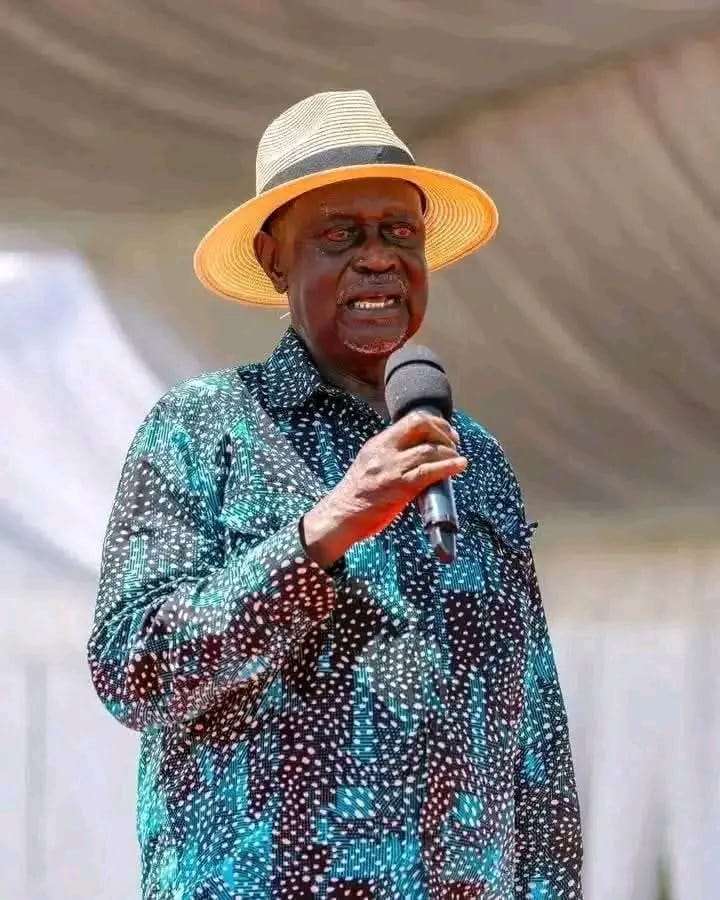By Billy Mijungu
The Swahili-speaking nation of Tanzania has for the longest time appeared lukewarm toward the East African Community (EAC), despite being by every imaginable measure its very essence in language, geography, and historical connection. Tanzania’s foundation, culture, and trade dynamics are deeply intertwined with the EAC spirit, yet politically it has often seemed distant and hesitant to embrace the bloc fully.
Ironically, Tanzania has always leaned more toward the Southern African Development Community (SADC), even though it shares fewer lived ties there. This preference has been used as a political and diplomatic balancing act, a way to counter or influence power dynamics within the EAC whenever regional issues arise. It has been a convenient way to hedge its bets, maintaining regional leverage between its neighbours to the north and allies to the south.
However, the crisis that followed the recent coronation of President Samia Suluhu appears to have shaken that long-standing comfort zone. SADC has been unusually critical, arguing that the election did not meet the standards of fairness and transparency expected within the continental community. In fact, some quarters have gone as far as suggesting that Tanzania should face suspension for the grave electoral violations and continued suppression of political freedoms.
“But isn’t that a little too late?” The rot began long before the coronation, when major opposition figures were denied the right to appear on the ballot. Tanzania’s political posture, often masked as democratic, increasingly resembles a controlled and tightly managed system with limited space for dissent. The opposition has been weakened, civil society is restrained, and freedom of expression is under continuous pressure.
In contrast, the EAC’s response has been more measured, diplomatic, and understanding. It has offered engagement instead of isolation, perhaps a reflection that its approach is more attuned to Tanzania’s historical context and regional importance. For Tanzania, this moment may reveal that its true friends during times of crisis are closer to home than it has previously admitted.
The coming years will test this regional balance even further. Uganda heads to the polls next year, and Kenya follows in 2027. Both nations have their own legitimacy and recognition questions to confront. The EAC has a date with destiny to show that it can nurture democratic accountability among its members or risk becoming a club of rulers instead of responsive states.
These are not the ways of our time. The modern citizen-centric population neither tolerates nor understands poverty, oppression, or deceit. The call for accountability across the region will only grow louder. Smart states must adapt or be swept aside by the new wave of awareness.




